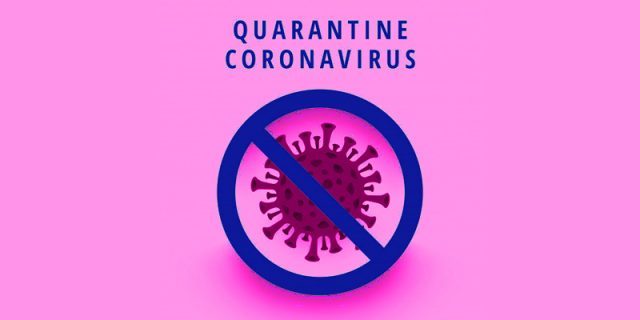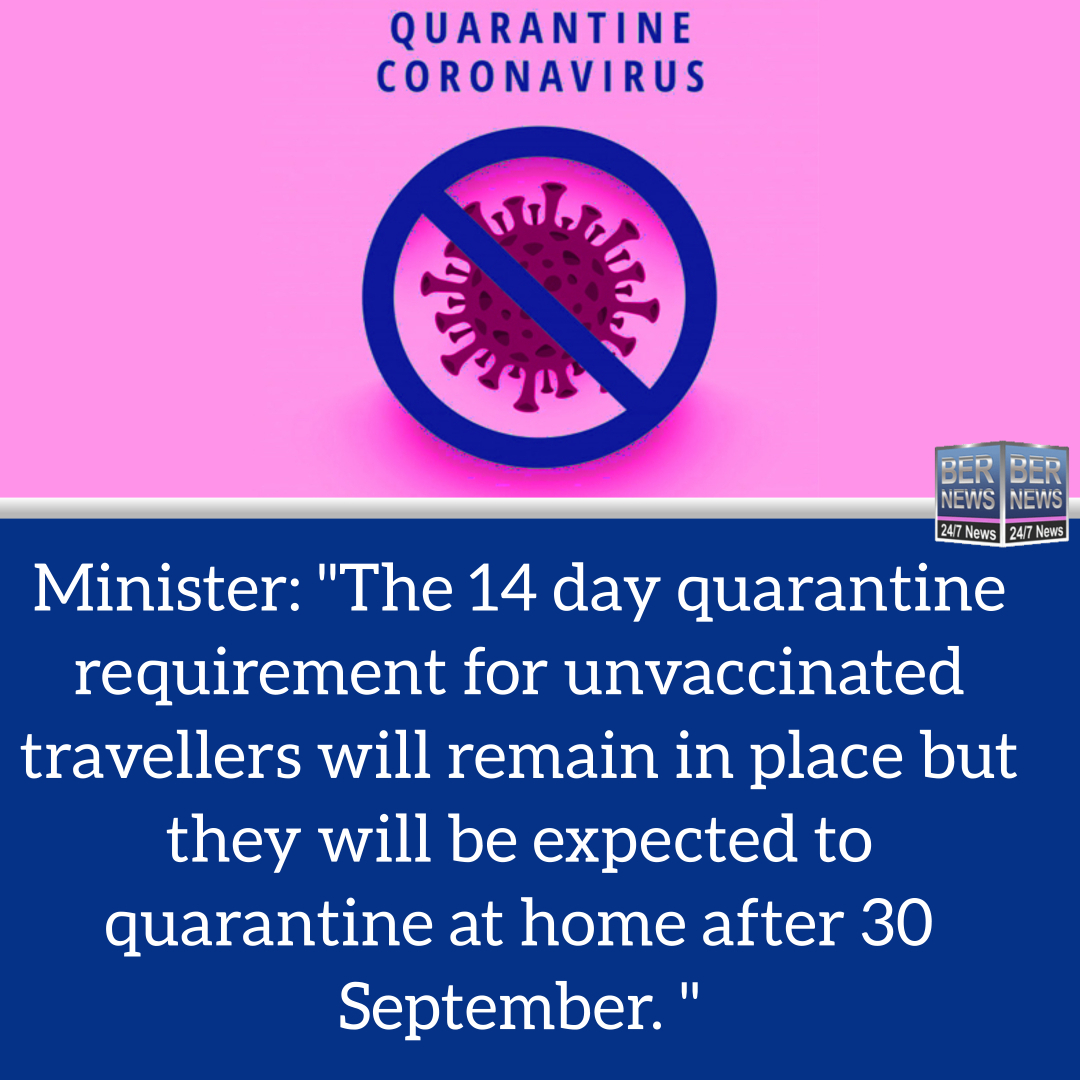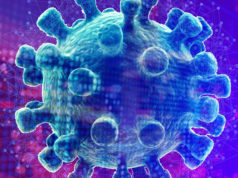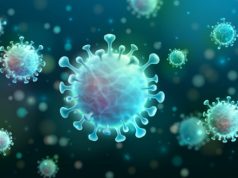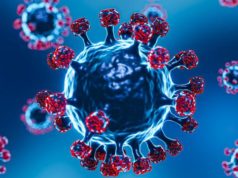“The 14 day quarantine requirement for unvaccinated travellers will remain in place but they will be expected to quarantine at home after 30 September,” Minister of Health Kim Wilson said, adding that they “will be fitted with an electronic monitoring device.”
This appears to refer to residents only, as the Minister also stated that “all unvaccinated visitors to the island – and this does appear to be a small, curious tourism niche – they must quarantine for 14 days in a paid accommodation.”
This will be a change from the current policy which states that unimmunized travellers with a valid pre-arrival test must complete their first 4-days of quarantine in a government approved facility, as in at a hotel.
Speaking the House of Assembly today [Sept 24], the Minister said, “A 14 day quarantine in a government approved facility for unvaccinated travellers came into effect on 20 June, with an end date of 30 September 2021.
“As we grapple with the current outbreak, we cannot lose sight of the need to keep our borders strong,” she said. “Therefore, the 14 day quarantine requirement for unvaccinated travellers will remain in place but they will be expected to quarantine at home after 30 September.
“The travellers who undergo the 14 day quarantine will be fitted with an electronic monitoring device and a red wristband. They will be required to remain at their accommodation for the full period. The only tests they must have are the arrival test and their day 14 test.
“As part of the travel authorization application, the traveller must declare that he or she can quarantine at home alone. Any and all the household members must quarantine as well. The only exception will be for those with a medical certificate – this is unchanged from the current situation for medical travel.
“There will be some unvaccinated residents who travel but cannot quarantine alone and whose household members cannot quarantine with them. In those cases, the travellers must stay in a paid accommodation. There will be no specific ‘quarantine hotels’ but the travellers will be monitored in the accommodation of their choosing as if they were at home.
“For the avoidance of doubt, all unvaccinated visitors to the island – and this does appear to be a small, curious tourism niche – they must quarantine for 14 days in a paid accommodation.”
The Minister’s full statement follows below:
“Mr Speaker, Honourable Members, as this Honourable House will recall, a 14 day quarantine in a government approved facility for unvaccinated travellers came into effect on 20 June, with an end date of 30 September 2021.
“The purpose of the 14 day quarantine is to curtail the movement of unvaccinated, recently arrived travellers to the island. The incubation period for Covid-19 is between two and 14 days, and that sets the quarantine period.
“Mr Speaker, after an outbreak of Covid-19 in March and April of this year, Bermuda enjoyed a relatively calm early and mid- summer. However, the island is again mired in a very serious outbreak of Covid-19 fueled by a coronavirus ‘variant of concern’ – the Delta strain. It is highly transmissible and its symptoms are very easily confused with a summer cold or allergies. As a result, we find ourselves in the midst of an outbreak where local transmission of the disease far outweighs the incidence of the disease among travellers.
“Mr Speaker, this does not mean we can relax our border controls, however. The reality remains that the virus which causes the disease Covid-19 arrives in Bermuda via travellers. As we grapple with the current outbreak, we cannot lose sight of the need to keep our borders strong.
“Therefore, the 14 day quarantine requirement for unvaccinated travellers will remain in place but they will be expected to quarantine at home after 30 September.
“Mr Speaker, to ensure unvaccinated air arrivals are not in any of the quarantine hotels by 30 September 2021, the last of the unvaccinated travellers to check-in will do so tomorrow, Saturday, 25 September. Unvaccinated travellers arriving on Sunday, 26 September will access a new process when applying for their travel authorisation, and those travellers will be expected to quarantine at home.
“Mr Speaker, please note there will be no changes to the travel authorization or protocols followed by vaccinated travellers – and the majority of our travellers now are vaccinated.
“Mr Speaker, the travellers who undergo the 14 day quarantine will be fitted with an electronic monitoring device and a red wristband. They will be required to remain at their accommodation for the full period. The only tests they must have are the arrival test and their day 14 test.
“As part of the travel authorization application, the traveller must declare that he or she can quarantine at home alone. Any and all the household members must quarantine as well. The only exception will be for those with a medical certificate – this is unchanged from the current situation for medical travel.
“Mr Speaker, there will be some unvaccinated residents who travel but cannot quarantine alone and whose household members cannot quarantine with them. In those cases, the travellers must stay in a paid accommodation. There will be no specific ‘quarantine hotels’ but the travellers will be monitored in the accommodation of their choosing as if they were at home.
“Mr Speaker, for the avoidance of doubt, all unvaccinated visitors to the island – and this does appear to be a small, curious tourism niche – they must quarantine for 14 days in a paid accommodation.
“Also, all those residents who arrive on island without a Travel Authorisation and cannot quarantine at home alone must quarantine in a paid accommodation as well. It may be that for those unvaccinated travellers, their household members will later agree to quarantine with them, in which case the traveller can check-out of the accommodation and complete the 14 day quarantine at home.
“As is the case now, household members who quarantine with a traveller will be fitted with a red wristband. The wristband must be worn until the entire household tests out on day 14 with a negative test result.
“Mr Speaker, I am reminded that at the beginning of this marathon of a global pandemic, our main measure of success was that we would not overwhelm our health system. At this point, unfortunately, we are not succeeding. Residents, frontline workers, Ministry staff, the third sector, local businesses, international business – all of us – we have to work hard and work together in this fight against Covid-19.
“The marathon is not over yet. Thank You, Mr Speaker.”


